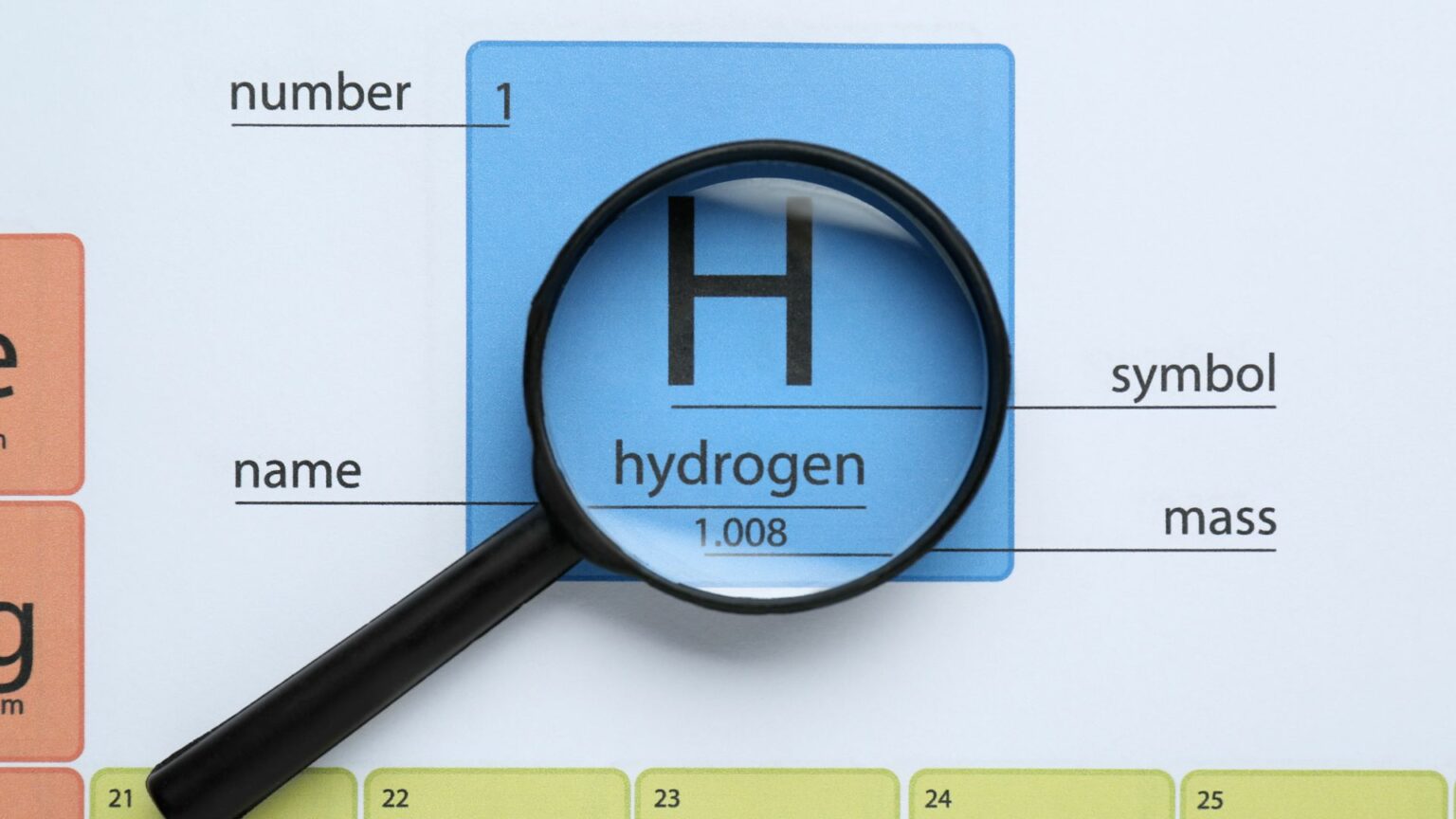The Cambridge Handbook of Hydrogen and the Law, edited by Ruven Fleming, serves as a pivotal resource in understanding the complex legal landscape surrounding hydrogen production and utilization.
This first comprehensive reference work on hydrogen regulation encompasses a global perspective, addressing the legal frameworks in regions including Europe, the USA, Latin America, Oceania, the Middle East/North Africa, and Southeast Asia. It details all relevant legal aspects of the hydrogen value chain, from production to end use.
The handbook features contributions from leading scholars and practitioners who explore various dimensions of hydrogen regulation. For instance, chapters discuss the creation of hydrogen markets, the role of local authorities in fostering these markets, sustainability criteria for renewable hydrogen, and public participation in the regulatory process. The text emphasizes how local governance can significantly influence hydrogen development and market dynamics.
One of the key insights presented in the handbook is the importance of regulatory coherence across different jurisdictions. As countries strive to develop hydrogen economies, inconsistencies in regulations can hinder progress. The book highlights case studies that illustrate successful regulatory frameworks and identifies common pitfalls that have impeded hydrogen initiatives.
In examining specific regions, the handbook reveals distinct approaches to hydrogen regulation. For example, European regulations are characterized by ambitious targets for decarbonization and robust support for renewable energy sources. In contrast, the regulatory landscape in the United States faces challenges related to financial incentives versus regulatory hurdles. The authors argue that overcoming these barriers is crucial for fostering innovation and investment in hydrogen technologies.
The handbook also addresses critical issues such as the environmental impact of hydrogen production methods and the necessity for sustainable practices throughout the hydrogen lifecycle. It discusses sustainability criteria that must be met to ensure that hydrogen contributes positively to climate goals rather than exacerbating existing environmental issues.
Furthermore, it touches on indigenous perspectives regarding hydrogen development, emphasizing the need for inclusive policies that respect local rights and knowledge systems. This aspect is increasingly relevant as global interest in hydrogen grows, prompting discussions about equity and justice in energy transitions.
In terms of technical specifics, the handbook provides insights into hydrogen production technologies and their regulatory implications. It discusses offshore production methods and transport logistics, highlighting case studies from Denmark and the Netherlands that showcase innovative approaches to integrating hydrogen into existing energy infrastructures.
